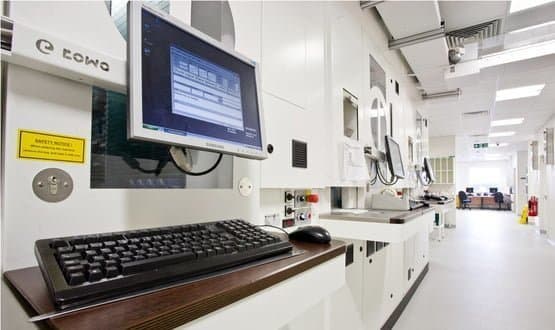Hundreds of patients wrongly told they had cancer due to ‘IT error’
- 22 August 2019

Hundreds of patients in Scotland were wrongly told they had serious conditions – including cancer and endometriosis – after an “IT error” caused incorrect discharge letters to be sent out.
NHS Forth Valley confirmed to Digital Health News that the glitch occurred after updating their Trakcare electronic medical record system.
Some 386 patients discharged from Forth Valley Royal Hospital in Larbert have been sent apology letters.
A spokesperson confirmed the “vast majority” of information contained in the letters was correct, including diagnoses, treatment, medication and test results, but a section containing pre-existing conditions contained inaccurate information about lung and colorectal cancer, and endometriosis.
“Following a software update to our patient information system, we recently identified an issue with the accuracy of the information contained in a small section of the patient discharge letter which lists details of any pre-existing health conditions,” the trust said in a statement.
“The rest of the information in the discharge letter, including details of any diagnosis, treatment, test results or medication during the patient’s stay in hospital was accurate.”
The issue only affected letters sent to GPs, and in some cases patients, between 1 August and 7 August 2019. GPs have since been communicated with to inform them of the error.
“We have written to the patients who received a discharge letter during this period to highlight the issue and apologise for any concern this IT error may have caused,” the trust added.
“Local GPs were also informed and have been sent updated discharge letters to ensure the correct patient information is held on file for future reference.”
InterSytems, which provides TrakCare to the trust, declined to comment.
It’s not the first time IT errors have caused controversy in incorrect letters being sent to patients – or in other cases, not sent to patients.
Professional services firm Capita came under fire last year after it was revealed more than 48,000 women may not have received information about their cervical screening due to an administrative error.
NHS England has since announced Capita is to be stripped of its contract and the cervical screening programme brought back in-house.
A much anticipated national review into the three national screening programmes in England is currently underway, with a focus on technology.
The review was announced after it was found checks were not made to ensure IT systems could deliver a new specification on the trial and algorithm, which led to the breast screening scandal in 2018. Some 174,000 women missed out on their final routine breast cancer screening invitation, with 130,000 confirmed to still be alive at the time of the scandal in June 2018.
The final report of the screening review is due in summer 2019.





1 Comments
That is absolutely shocking! Wow….
Comments are closed.